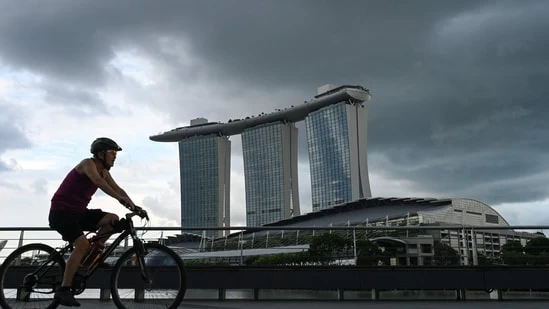Singapore: Singapore health authorities on Monday updated existing guidelines on post-vaccination care, asking individuals to avoid strenuous exercise for a week after they have been vaccinated against Covid-19, as a “further precautionary measure”. This new measure is meant especially for adolescents and men below the ages of 30, reported Bloomberg.
This preventive measure comes after a vaccinated 16-year-old boy suffered a cardiac arrest while lifting weights at a gym. Authorities are investigating to determine if there’s any link between his sudden cardiac arrest and Covid-19 vaccination. Previously, an advisory to avoid exercise in the 12-24 hour period after vaccination was in place.
The boy, who was inoculated with his first dose of the Pfizer-BioNTech vaccine on June 27, collapsed on July 3 after lifting some very heavy weights, reported Bloomberg. “The preliminary diagnosis of his condition is an out-of-hospital cardiac arrest. Clinical and laboratory tests are in progress to understand the underlying cause,” the health ministry said in a statement.
The expert committee tasked with advising the Singaporean government on vaccination urged for the drive to be continued, insisting that the protective benefits offered by the vaccine outweighs the risk it possesses. A similar stance had been adopted by both Israel and the United States where a few cases of myocarditis had been reported from amongst young male recipients of the Pfizer vaccines. All three countries have been relying on mRNA vaccines for their inoculation program.
Health authorities also disclosed to the press that 12 reports of heart problems in vaccinated individuals have cropped up in the island nation, 7 out of these 12 people are males aged 30 years and below. The 16-year old is being kept under observation by the health ministry, which is conducting tests to determine the reason for his collapse. The tests “will include a thorough consideration of whether there was acute severe myocarditis, which is severe inflammation of the heart muscles affecting the heart function, as a possible diagnosis,” the ministry said in an official statement.


